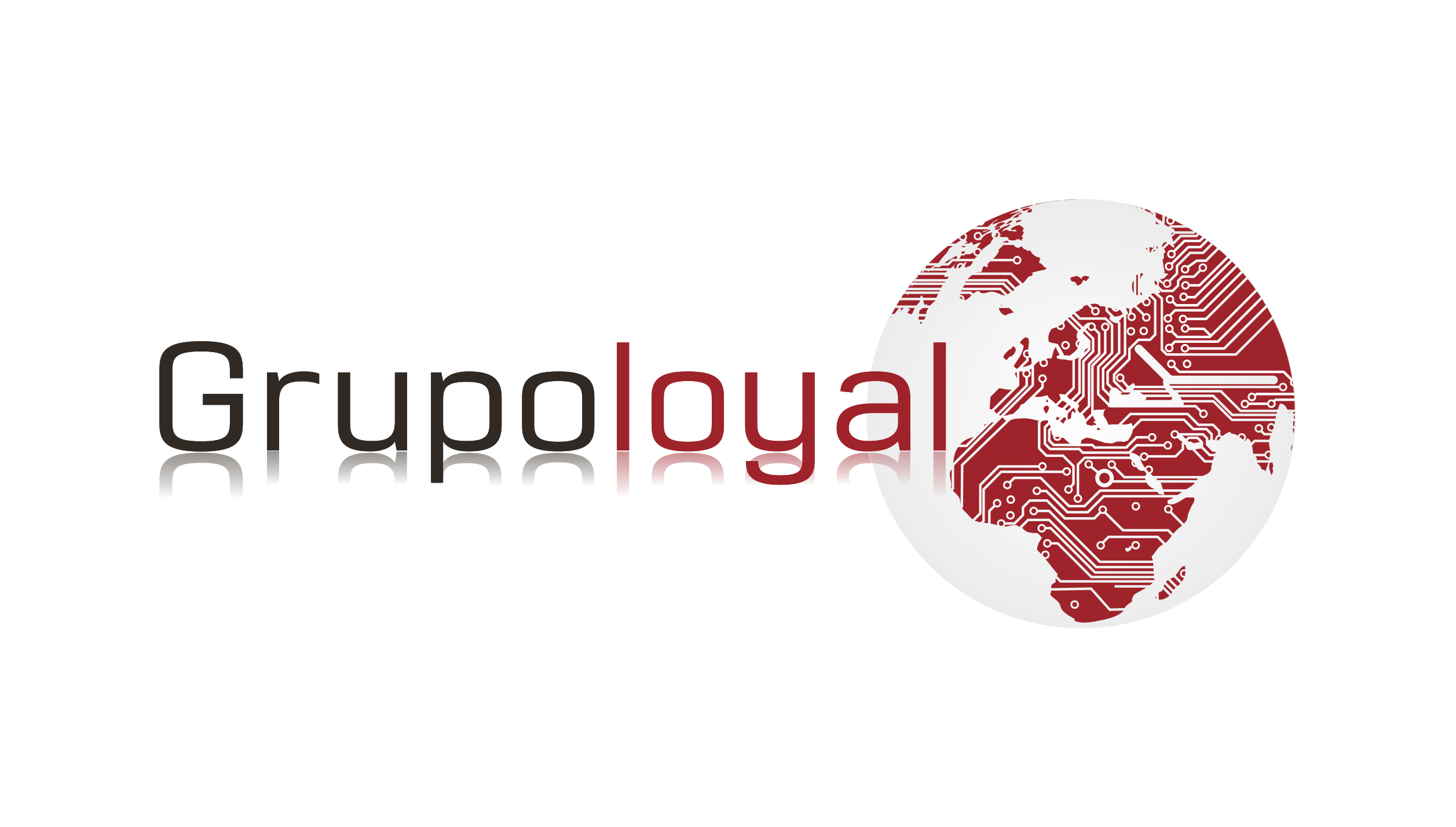
Professional Cloud Security Manager
Cloud computing is an emerging technology paradigm that helps organizations deliver IT services faster, with more agility, and with a lower cost of ownership. IT organizations are becoming more cognizant of the associated risks that come with cloud environments. Trusting information assets to the cloud requires a thorough understanding of security and of its associated risks, legal considerations and design of a governance structure.This course is designed for senior security, audit, and compliance professionals who are architecting policies and strategies to ensure compliance with and secure use of cloud computing. It includes comprehensive reference materials that help to continue the participants educational experience post the course. The course prepares you for the Professional Cloud Security Manager certification (PCS) exam provided by the Cloud Credential Council. The PCS is endorsed, recognized and supported by several key technology vendors and standards bodies. The content for this course, as well as the PCS certification is based on and aligned with cloud standards developed by the National Institute of Standards and Technology (NIST).

Objetivos
Security and governance concepts and challenges in cloud computing
What is new in security in the cloud?
Contract management, terms, and conditions and legal
IaaS specific security and governance policies
PaaS specific security and governance policies
SaaS specific security and governance policies

Cloud computing

Disponible en formato e-learning

Disponible en formato presencial

Disponible en formato a distancia


Subvención disponible
A través de Fundae, cumpliendo requisitos.


Duración
10 horas
- Dificultad 50%
- Nivel alcanzado 80%


Dirigido a
Governance, Risk & Amp; Compliance (GRC) professionals, IT auditors, Compliance specialists, IT security professionals, cloud computing specialists.


Conocimientos requeridos
It is recommended that participants have achieved the Cloud Technology Associate certification (or its equivalent) from the Cloud Credential Council (and that participants are conversant with cloud concepts and vocabulary).
Having achieved the COBIT Foundation and relevant ISO/IEC 27000 certifications (or equivalents) is also recommended
Temario
Security and Governance Concepts in Cloud Computing
Key security concepts relevant to cloud computing
Impact of cloud security on existing legacy data, systems and business
Costs, trade-offs and consequences of severity of risks relative to the types of cloud computing scenarios in XaaS
Security Threats and Challenges in Cloud Computing
Security risk in cloud computing
Risks of various cyber attacks on data held in cloud environments
Transparency, accountability and viability in relation to cloud computing
Physical Security and the Impact of Cloud Computing
Critical physical security threats associated with data held in cloud environments
Ownership and access issues in both on-premise and off-premise hardware
Virtualization Management and Security in the Cloud
Critical virtual security threats associated with data held in cloud environments
Issues specific to corporate and non-corporate resources and environments
What Security Does the Cloud Solve or Shift?
Compliance and audit provisions relevant to operating in the cloud
Balance of responsibility and liability between client and service provider
What Security Does the Cloud Change or Introduce?
Relates the implications of core cloud features on security and governance
Impact of cloud computing on legal issues, such as copyright, legislative compliance, and ownership
Existing Security Reference Models and Standards
Explains the key current security standards that apply to cloud computing
Identifying the Delta in Your IT and Business Architecture for Cloud Security
Security issues and risks in a given scenario
Risk Management and the Cloud
Design features that are required for a secure cloud environment
Security management components and tools currently available
IT Governance and Security
Core principles of governance in a cloud environment
Monitoring-Users and Systems
Issues of systems and business monitoring for on premise and off premise, remote services monitoring scenarios
Monitoring systems in relation to the various cloud deployment possibilities
Tools for User and systems monitoring using scenarios for on premise, off premise and hybrid combinations
Contract Management and TS and CS: Terms and Conditions
Key concepts and types of contracts for technology and business and the impact of cloud on contracts management
Hosting models ranging from onsite, CoLoc, Outsourcing, Managed hosting, Cloud Managed Hosting and the impact of cloud computing on these models
Contract options for the different cloud deployments, the use of contract templates and types of contract between single and multiple parties
Types of monetization, metering and charging and subscription mechanisms, and the impact on Terms and Conditions of service for different types of cloud computing scenarios
Legal Controls, Intelectual Property and Privacy
Key legislative control issues that apply to cloud computing environments

Comentarios recientes